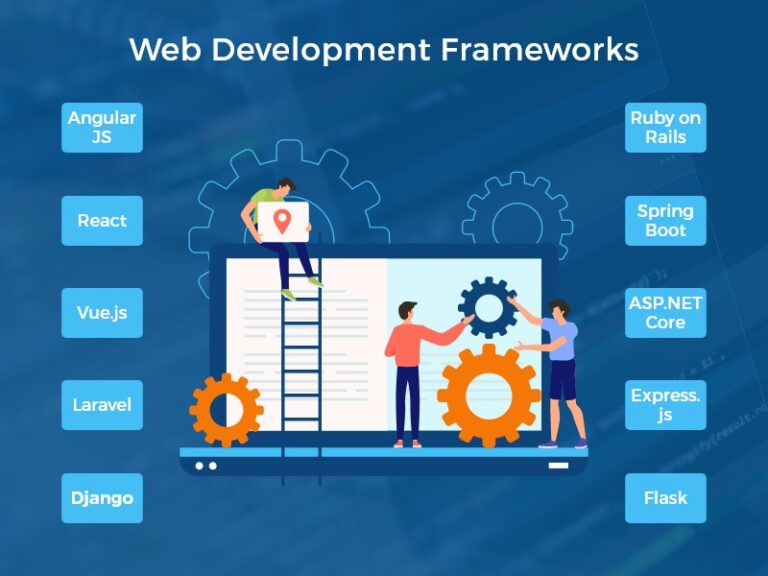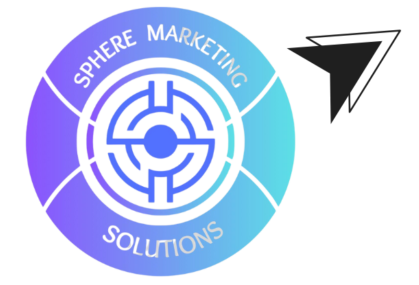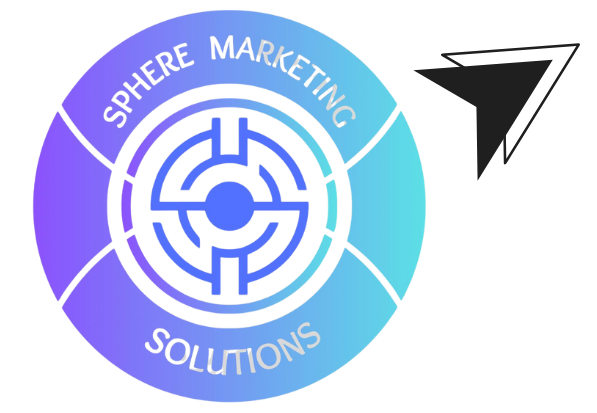Introduction
In today’s fast-paced digital world, choosing the right framework for web development can make or break the success of a project. Whether building a simple portfolio site or a complex enterprise-level application, using the best framework can greatly enhance development speed, scalability, and maintainability. This post explores the top web development frameworks widely adopted in 2024, helping you make an informed decision for your next project.
Why Frameworks Matter in Website Development
Regarding website development, frameworks offer pre-built templates, libraries, and tools to streamline the coding process. They provide standardized methods for building and maintaining websites, reducing the amount of repetitive code developers need to write. With so many frameworks available, it’s essential to understand which one is the best framework for your specific needs.

Top Frameworks for Web Development
1. React.js
- Overview: React.js, developed by Facebook, has become a popular choice for front-end development. It allows developers to create dynamic, interactive user interfaces with ease.
- Best For Single-page applications (SPAs) and user interface-heavy websites.
- Advantages:
- Virtual DOM for fast rendering.
- Component-based architecture for reusability.
- Large community and extensive documentation.
- Disadvantages:
- Only handles the view layer, requiring additional tools like Redux for state management.
2. Angular
- Overview: Backed by Google, Angular is a powerful front-end framework that provides a complete solution for creating dynamic web applications.
- Best For: Enterprise-level web applications and projects that require a solid structure.
- Advantages:
- Two-way data binding for seamless model-view synchronization.
- Built-in testing and debugging tools.
- A comprehensive framework for large-scale applications.
- Disadvantages:
- Steeper learning curve due to its complexity.
- Larger file size compared to React.js and other lightweight frameworks.
3. Vue.js
- Overview: Vue.js is a progressive JavaScript framework that’s easy to integrate into projects and ideal for creating user interfaces and single-page applications.
- Best For Developers looking for a flexible and lightweight framework that’s easier to learn than Angular or React.js.
- Advantages:
- Simple and intuitive syntax.
- Flexible enough to be used in small or large projects.
- Strong community support.
- Disadvantages:
- Smaller community than React.js and Angular.
- Limited resources for large-scale applications.
4. Django
- Overview: Django is a high-level Python framework that encourages rapid development and clean, pragmatic design.
- Best For Back-end web development, content management systems (CMS), and data-driven applications.
- Advantages:
- Built-in admin panel for content management.
- Emphasis on security (e.g., prevention against SQL injection, cross-site scripting).
- Ideal for rapid prototyping and development.
- Disadvantages:
- Can be overkill for smaller applications.
- Limited front-end development tools.
5. Ruby on Rails
- Overview: Ruby on Rails is a server-side framework written in Ruby, designed to make the web development process easier and more intuitive.
- Best For Startups and projects requiring fast development cycles.
- Advantages:
- Convention over configuration philosophy for faster coding.
- Large collection of third-party libraries (gems) for extended functionality.
- Easy to scale and maintain.
- Disadvantages:
- Performance can be slower compared to frameworks like Django or Node.js.
- The smaller talent pool of Ruby developers.
Factors to Consider When Choosing the Best Framework
Choosing the best framework for web development depends on various factors, including:
- Project Size and Complexity
- For simple websites, a lightweight framework like Vue.js may suffice. For complex applications, consider Angular or React.js.
- Learning Curve
- If you or your team is new to frameworks, start with one that has a gentle learning curve, such as Vue.js or Ruby on Rails.
- Performance
- For high-performance applications, React.js or Django may be better choices due to their optimized structure and handling of large datasets.
- Community Support
- A strong developer community ensures that you can find help and resources when needed. React.js and Angular excel in this area.
- Scalability
- If your project has the potential to grow, choose a framework like Angular or Django, which offers strong scalability options for larger projects.
Conclusion: Which Framework Is Right for You?
The best framework for website development ultimately depends on your specific project requirements. If you’re looking to build a high-performing, dynamic user interface, React.js may be the best framework for you. On the other hand, for back-end-heavy applications, Django offers a robust and secure solution. For those seeking flexibility and simplicity, Vue.js is a great middle ground between power and ease of use.
At Sphere Marketing Solutions, we understand the importance of choosing the right framework for your project. Our team specializes in web development using cutting-edge technologies, ensuring your website is built on a solid foundation. Whether you’re building a small business website or a large enterprise platform, we can guide you through the process.
For more information, visit our website: www.spheremarketingsolutions.com, or contact us at:
- Phone: +1 (604) 313-7091
- Email: info@spheremarketingsolutions.com
Let us help you build a website that stands out with the best framework tailored to your needs.
By following these tips and frameworks, you’ll be able to make an informed decision on which is the best framework for your web development project in 2024.

